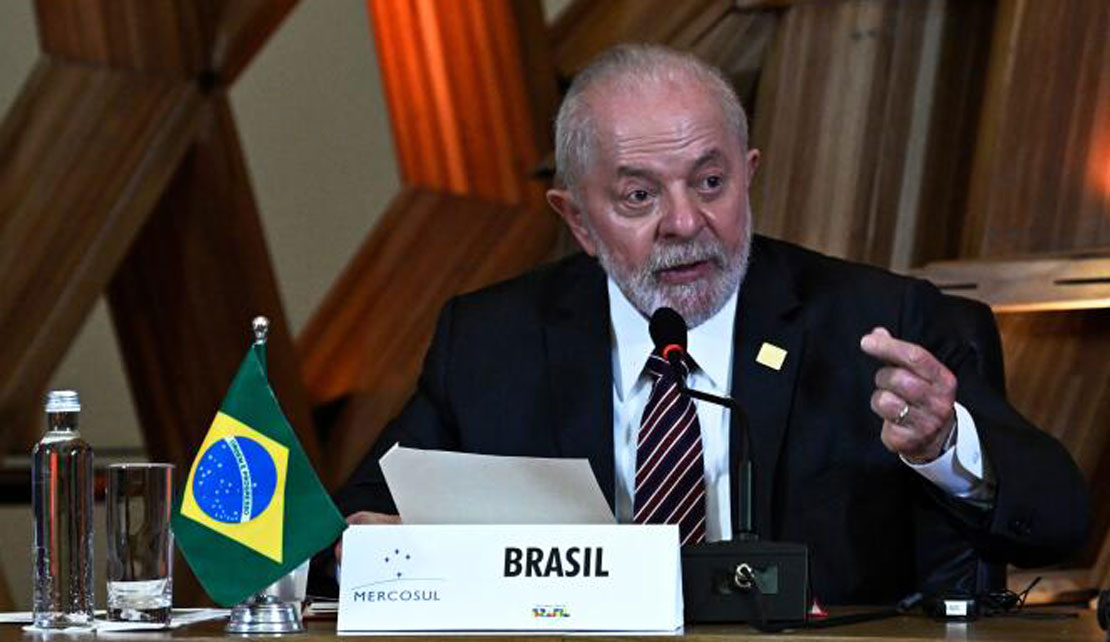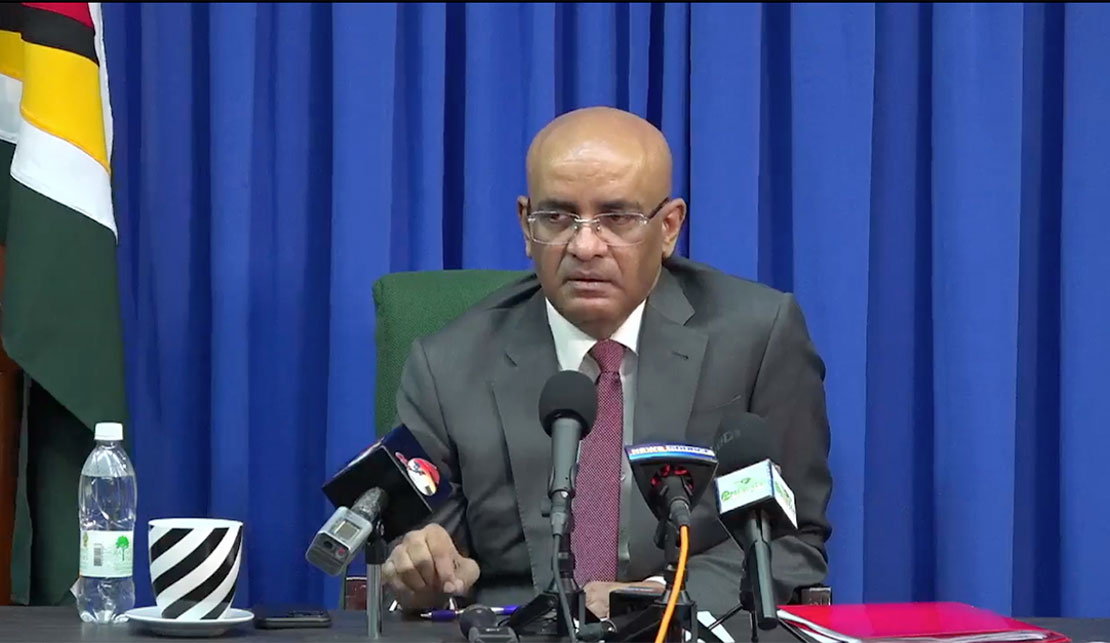Brazil available to host ‘negotiation meetings’ between Guyana and Venezuela says Lula

Brazilian President Luiz Inacio Lula da Silva called on Mercosur – the South American trade bloc, and the Community of Latin American and Caribbean States (CELAC) to weigh in on the Guyana-Venezuela border controversy. He also said Brazil stands ready to host negotiations between the two countries – ‘as many as necessary’.
In a post on X (formerly Twitter) on Thursday, Lula said “An important issue that we have to debate is the Essequibo issue. Mercosur cannot stay away from the issue. I suggest that Celac’s fellow current president can discuss the issue with both parties: Guyana and Venezuela. Brazil is available to host as many negotiation meetings as necessary. We do not want and do not need more war, especially on our continent. We have to build peace to improve people’s lives,” he wrote.
However, Guyana has made it very clear that it will not engage in talks with Venezuela regarding the substantive issue before the International Court of Justice (ICJ), which is the validity of the 1899 arbitral award that fixed the border between the two countries 124 years ago.
It was after several decades of unsuccessful dialogue aimed at resolving the controversy, that the United Nations Secretary-General referred the matter to the ICJ. Subsequently, in March 2018, Guyana lodged its case seeking a comprehensive and conclusive resolution by way of validation of an 1899 Arbitral Award that effectively settled the land boundary between the two countries.
Venezuela’s President, Nicolas Maduro had recently called for a direct dialogue with Guyana’s President, Dr. Mohamed Irfaan Ali, via posts on X (formerly Twitter). This invitation was seen by Guyana as another attempt by Venezuela to disregard international law and the ICJ’s repeated affirmations of its authority to rule on the ongoing case between the two countries.
President Ali himself said too that while he is open to dialogue with President Maduro, the border controversy is not up for discussion.

Speaking at a press briefing on Thursday, Jagdeo said that the government will do everything within and beyond its capability to zealously protect the mineral-rich region.
He recalled Maduro’s plans for annexation following his December 3 referendum, including the creation of two new divisions: PDVSA Esequibo and CVG Esequibo which would be dedicated to the exploration and exploitation of gas, oil and mining.
The Venezuelan leader also gave companies in and offshore Guyana’s Essequibo region, three months to leave. It’s an ultimatum Jagdeo said must be ignored by all.
Jagdeo said Venezuela’s plans to establish a new law to govern Essequibo, have no standing in international law and will not stymie the nation’s developments.
He said this includes Guyana’s oil production pursuits in the ExxonMobil-operated Stabroek Block as well as the government’s conclusion of negotiations for eight oil blocks that featured in the nation’s maiden licensing round.
Dr. Jagdeo said, “If we pause any of our developments, Maduro succeeds. He has no right in international law to tell the people of Guyana, a sovereign country, how to pursue its affairs.”
He said the government will continue to do what it was elected to do, and that is, enhance more benefits to people, pointing out that the latest report by the International Monetary Fund (IMF) is proof that the government has steered the country onto a pathway of extraordinary growth.
According to the report, Guyana’s oil production allowed for the growth of real Gross Domestic Product (GDP) to be achieved in 2022 at 62.3 percent, making it the highest in the world.
“Overall, real GDP growth is projected to grow 38.4 percent in 2023 and on average of 20 percent per year during 2024-28,” the December report states.
Both the United Nations Security Council and the Caribbean Community (CARICOM) Heads of Government will be meeting today Friday December 8, to try and find a workable solution to the border dispute between both countries.
-30-.
